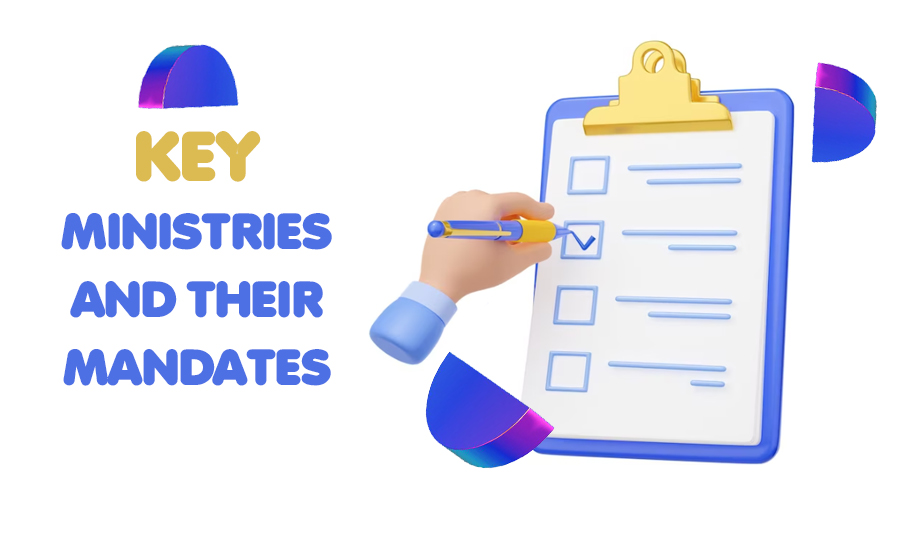
Switzerland operates with a decentralized governance system, where various ministries play crucial roles in the administration and implementation of policies. This article will explore the key ministries in Switzerland, outlining their mandates,...
read more